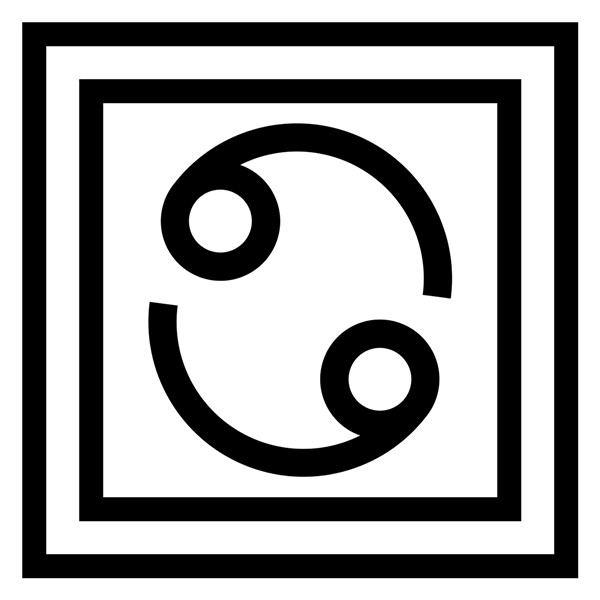The Full Moon in Aquarius, which took place in mid-August, began a kind of astrological Olympics. Late August through the end of the summer is an adventure where a good few world records will be set. We might ask, though, before looking into the details of this sequence of events, how it is that the movements of the planets combine with consciousness and physical experience to create an effect.
Each time I describe one of these sequences of events, it's as if the cosmos is spewing forth another totally unique pattern in the astrology, which we then get to navigate. This is true whether we're aware of the astrological details or not. Yet we might also ask what result the awareness yields, and how that result happens.
The traditional (and newly revived, increasingly popular) approach of astrology is to predict an outcome. My approach to astrology is to describe the environment, which then becomes whatever we want it to become, or unwittingly choose: opportunity, creative fodder or an apparent source of chaos and crisis.
Our dominant, generic model of time proposes that one day is like another; that 4pm today is like 4pm tomorrow. The astrology model of time reveals that every day and indeed every moment are different. A constant stream of new patterns is rolling out of, well, out of something. Not only are no two the same, they are all so wildly different as to call for an entirely new approach to each.
There is an additional factor. Everyone has a natal chart. Each new pattern that comes along is plucking, stroking or knocking into each unique natal chart differently. The transits as they meet each natal chart form a unique pattern of what you might call interference. That pattern, mixed with consciousness, becomes what we experience.
Meta Landscape: the Eclipse Pattern
We are now in the midst of an eclipse pattern. Eclipse patterns happen twice a year, approximately every five-and-a-half months. They gradually drift earlier and earlier in the year, that is, each year they come about two weeks earlier. Said another way, eclipses move retrograde.
The Aquarius Full Moon this morning was listed by some sources as a very slight lunar eclipse. It was distinctive for other reasons, including a surge of energy through a long-standing pattern of planets: the Uranus-Eris conjunction in Aries, covered here many times, as well as Chiron, Jupiter and others. Lunation events—including eclipses and ordinary Full and New moons, power up the background, and in a sense bring it forward.
Then there's a total eclipse of the Sun in Virgo on September 1, and an eclipse of the Moon in Pisces on September 16. This is an excellent opportunity for a review of what eclipses represent. I have four main properties that I've identified.
These properties are: 1. Concentration of experience; 2. Events seem karmic or predestined; 3. Discontinuity; 4. Critical transition or decision points.
Let's take them one at a time, so we have a guide to the next month or so. Then I'll add a fifth property that I've mentioned a number of times before.
The most notable effect of an eclipse phase is concentration of experience. A lot happens in a short time, and time becomes distorted, like it's being run through a funnel or venturi. This works on an individual level and on a collective level. Time feels like it's moving more briskly as an individual perception, and then at the same time, personal and world events arrive closer and closer together.
Events seem karmic or predestined. They may not be, but they certainly might feel that way. A lot of how that effect shapes up depends on your relationship to the ideas of karma and destiny—and remember, these things are ideas. However, this "fate effect" merely emphasizes the more valuable sense that decisions are more vital now. Smaller decisions mean more; larger decisions can have a much more vivid, lasting and sweeping impact on life. Pay attention for when you're making a decision you don't know you're making.
Add some discontinuity. The world always seems to plow forward on its crazy way, and yet little seems to really change. Life is genuinely different as eclipses approach, and then never quite returns to normal. Instead, a new kind of normal takes over.
In the process of the parallel evolution of the planetary level and our individual lives, these events often represent a type of movement without which there would be very little progress at all. You might think of eclipses as opportunities to catch up with yourself.
































